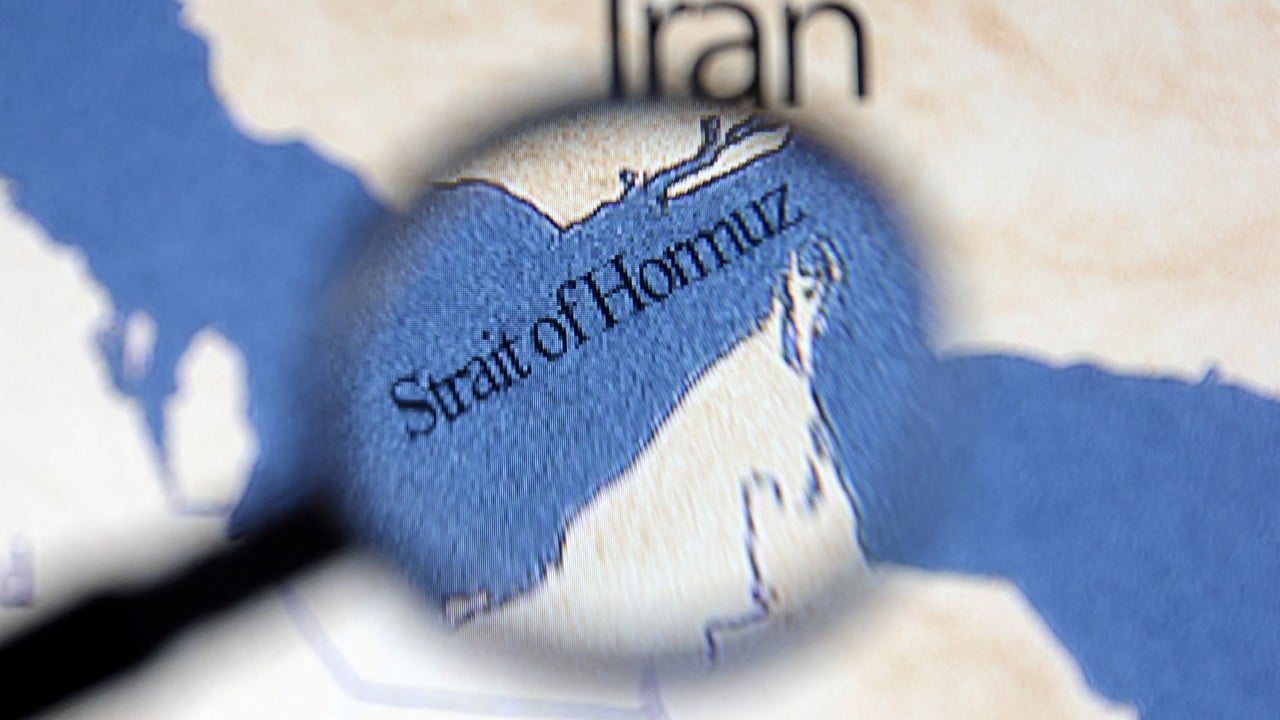Iran’s parliament has approved a measure to close the Strait of Hormuz after the United States launched military strikes on its nuclear facilities over the weekend. The final decision rests with the country’s Supreme National Security Council and Supreme Leader Ayatollah Ali Khamenei – but the move has already deepened fears for the global energy trade.
Advertisement
In this explainer, we examine why this matters and what the implications of a blockade would be.
Where is the Strait of Hormuz? Why is it so critical?
The Strait of Hormuz is a narrow, 33-kilometre chokepoint between the Persian Gulf and the Gulf of Oman that handles roughly 20 per cent of global oil and gas flows, according to data from the US Energy Information Administration.
In 2024, an estimated 84 per cent of the crude oil and condensate and 83 per cent of the liquefied natural gas that moved through the Strait of Hormuz went to Asian markets.
China, India, Japan and South Korea were the top destinations in Asia, accounting for a combined 69 per cent of all crude oil and condensate flows passing through the strategic waterway.
Advertisement
These markets would likely be most affected by any disruptions to supply.
China is the world’s largest oil importer, purchasing over 70 per cent of its supplies from abroad, having surpassed the US for that title in 2017. And about half of this oil comes from the Middle East.

